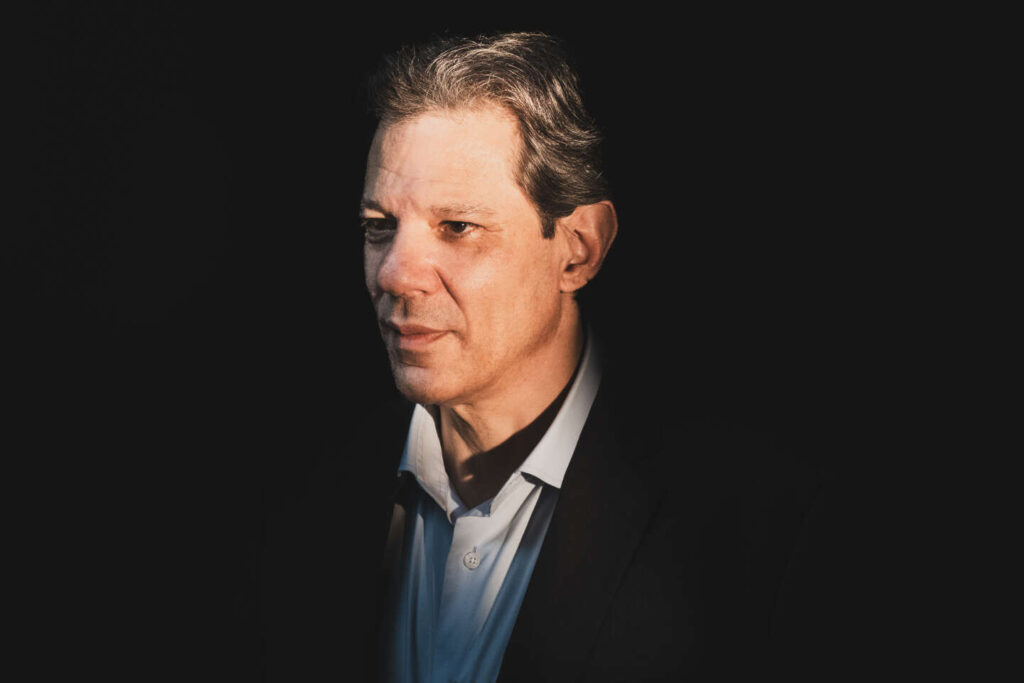
“The successor”: that's what many in Brazil call Fernando Haddad. The 61-year-old former mayor of São Paulo, left-wing candidate in the 2018 presidential election, and current finance minister is seen as the most likely successor to head of state Luiz Inácio Lula da Silva. As chairman of the G20 Finance Ministers' Meeting, which will be held on 18-19 November,, He is a strong advocate of keeping taxes on the super-rich to a minimum at the international level.
Do you believe a G20 agreement to tax the super-rich is possible, and what would be its terms?
This issue has a good chance of succeeding because it is both an emergency and a matter of state necessity. It would tax about 3,000 people on the planet, who together own about $15 trillion. [€13,818.5 billion] The wealthy actually pay very little tax. Our ambition is to succeed in taxing wealth based on assets. However, we remain cautious about adopting appropriate mechanisms and the details of such measures, which are still under discussion at the G20.
Brazil's position goes beyond simply taxing the super-rich. It proposes that the money collected should not be used for national purposes, but should instead be allocated to an international fund to solve global problems such as the climate crisis and the fight against poverty. This is a very delicate idea and can only be realized in the long term. But on a global scale, it would be an incredible step forward.
You have the backing of French Finance Minister Bruno Le Maire and have sought the expertise of French economist Gabriel Zucman. Does the backing of Paris matter?
The support of President Emmanuel Macron and his government is crucial, but France is not the only country that supports the Brazilian proposal. Spain has also voiced its support. Janet Yellen, even if further discussions are necessary, [US Treasury secretary] She said she is in favor of a tax, an idea that is gaining momentum even if some G20 countries have yet to make a decision – she thinks of German Chancellor Olaf Scholz and the BRICS countries, for example. [Brazil, Russia, India, South Africa and China]We were hoping for statements from China and India in support of our proposal.
Do you see a China-led BRICS as an alternative to Brazil’s traditional alliance?
I would like to state my personal position here, not that of the Brazilian government: the concept of the Global South is a wonderful one. [laughs]I myself am of Lebanese origin and am a cosmopolitan and globalist by nature, a term that of course resonates with Brazil, a country with a large proportion of African descent and strong ties to Africa, but for me the main strategic mission of the BRICS group is to strengthen the G20.
You still have 71.31% of this article to read. The rest is available to subscribers only.


